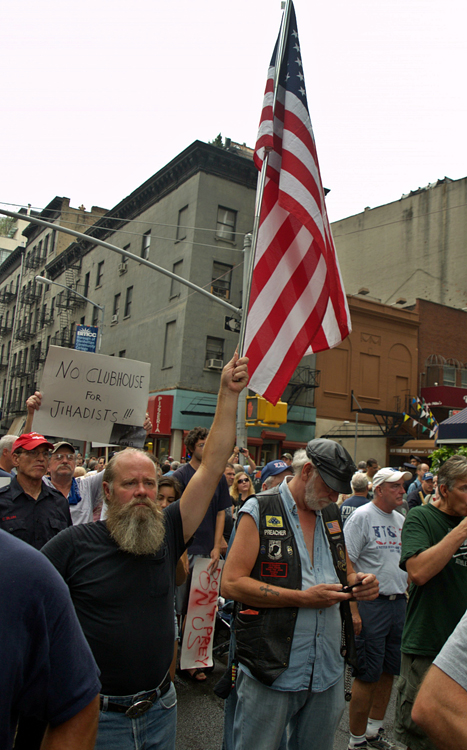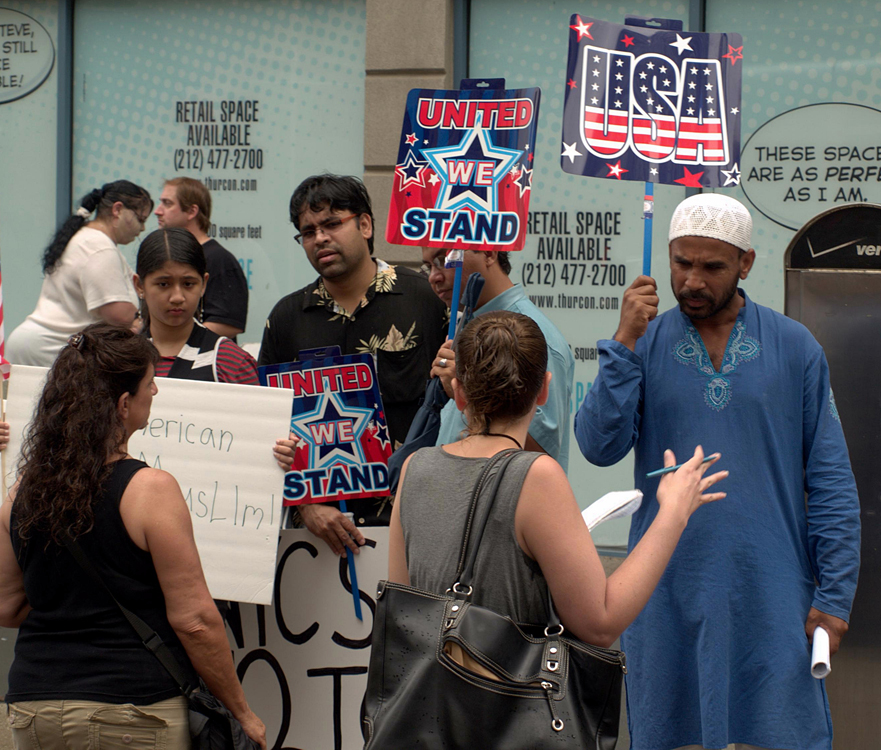| << Chapter < Page | Chapter >> Page > |
The U.S. Census has struggled with the issue of Arab identity. The 2010 Census, as in previous years, did not offer an “Arab” box to check under the question of race. Individuals who want to be counted as Arabs had to check the box for “Some other race” and then write in their race. However, when the Census data is tallied, they will be marked as white. This is problematic, however, denying Arab Americans opportunities for federal assistance. According to the best estimates of the U.S. Census Bureau, the Arabic population in the United States grew from 850,000 in 1990 to 1.2 million in 2000, an increase of .07 percent (Asi and Beaulieu 2013).
The first Arab immigrants came to this country in the late nineteenth and early twentieth centuries. They were predominantly Syrian, Lebanese, and Jordanian Christians, and they came to escape persecution and to make a better life. These early immigrants and their descendants, who were more likely to think of themselves as Syrian or Lebanese than Arab, represent almost half of the Arab American population today (Myers 2007). Restrictive immigration policies from the 1920s until 1965 curtailed all immigration, but Arab immigration since 1965 has been steady. Immigrants from this time period have been more likely to be Muslim and more highly educated, escaping political unrest and looking for better opportunities.
Relations between Arab Americans and the dominant majority have been marked by mistrust, misinformation, and deeply entrenched beliefs. Helen Samhan of the Arab American Institute suggests that Arab-Israeli conflicts in the 1970s contributed significantly to cultural and political anti-Arab sentiment in the United States (2001). The United States has historically supported the State of Israel, while some Middle Eastern countries deny the existence of the Israeli state. Disputes over these issues have involved Egypt, Syria, Iraq, Jordan, Lebanon, and Palestine.
As is often the case with stereotyping and prejudice, the actions of extremists come to define the entire group, regardless of the fact that most U.S. citizens with ties to the Middle Eastern community condemn terrorist actions, as do most inhabitants of the Middle East. Would it be fair to judge all Catholics by the events of the Inquisition? Of course, the United States was deeply affected by the events of September 11, 2001. This event has left a deep scar on the American psyche, and it has fortified anti-Arab sentiment for a large percentage of Americans. In the first month after 9/11, hundreds of hate crimes were perpetrated against people who looked like they might be of Arab descent.


Although the rate of hate crimes against Arab Americans has slowed, Arab Americans are still victims of racism and prejudice. Racial profiling has proceeded against Arab Americans as a matter of course since 9/11. Particularly when engaged in air travel, being young and Arab-looking is enough to warrant a special search or detainment. This Islamophobia (irrational fear of or hatred against Muslims) does not show signs of abating. Scholars noted that white domestic terrorists like Timothy McVeigh, who detonated a bomb at an Oklahoma courthouse in 1995, have not inspired similar racial profiling or hate crimes against whites.

Notification Switch
Would you like to follow the 'The sociology of families for lb ilearn campus' conversation and receive update notifications?